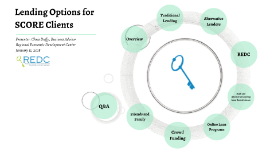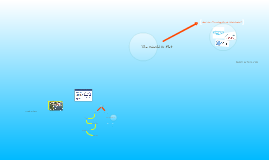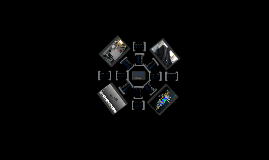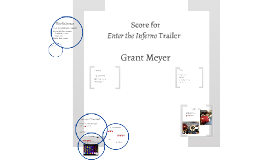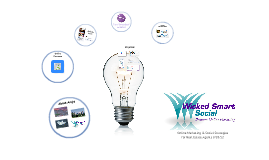Cheat Sheet Template
Transcript: Asset Library Photos 04 Colors 01 Shapes 02 Cheat Sheet Template Assets 05 Textures 02 02 01 02 01 Selecting Relevant Information A Simple Guide to Effective Learning Not all information is equally important; effective cheat sheets highlight the most critical concepts. Focus on the main ideas, key terms, formulas, or theories that are essential to understand the topic. This selection process prevents information overload and enhances clarity. Summarizing Key Points Digital vs. Paper Formats Formatting Tips Summarization is crucial for brevity and understanding. Condense detailed information into clear and concise bullet points or tables that facilitate quick recall. Use visual aids, such as charts or mind maps, to represent connections among concepts effectively. Both digital and paper formats for cheat sheets present distinct advantages and disadvantages. Digital formats offer ease of editing, incorporation of multimedia elements, and accessibility on various devices. In contrast, paper formats can enhance memory retention through physical interaction and enable quick, distraction-free access. Effective formatting is vital for a cheat sheet. Use bullet points, headings, and whitespace strategically to create a clean and readable layout that makes information easy to navigate. Cheat sheets serve as concise tools for summarizing vital information, aiding in quick revision and recall. They enhance learning efficiency by distilling complex content into easily accessible formats. Best Practices for Use Visual Organization Definition of Cheat Sheets Researching Your Topic Visual organization enhances comprehension in cheat sheets. Group related information together and differentiate sections using color coding or borders to create a logical structure that guides the user’s eye. Examples and Templates Timing of Use Introduction to Cheat Sheets Using cheat sheets effectively requires understanding the optimal timing for their use, adopting effective revision techniques, and considering ethical considerations. These best practices can enhance learning outcomes and ensure responsible use of this study aid. A cheat sheet is a quick reference guide that condenses essential information into a brief format. It typically includes formulas, key concepts, and important facts to facilitate easier recall during study or exam situations. Thorough research lays the foundation for a successful cheat sheet. Utilize credible sources, such as textbooks, academic articles, and expert opinions, to gather comprehensive information on the subject matter. This ensures that the content presented is accurate and reliable, ultimately facilitating deeper comprehension. Key Elements The timing of using cheat sheets can significantly affect their effectiveness. For optimal results, they should be used during revision sessions before assessments to reinforce learning and recall. Crafting an effective cheat sheet involves strategic research, careful selection of relevant information, and concise summarization of key points. This process enhances understanding and retention of the material. Learning from concrete examples and adaptable templates enhances the effectiveness of cheat sheets. This section will illustrate different layouts, subject adaptations, and the pros and cons of digital versus paper formats. Adaptation for Different Subjects Common Uses in Education The key elements of a cheat sheet include concise definitions, formulas, or concepts. When crafting a cheat sheet, it's crucial to prioritize the most relevant information that will aid in quick recall during reviews or examinations. Understanding the structure of a cheat sheet is essential for maximizing its effectiveness. A well-structured cheat sheet enhances usability and facilitates quick reference, making it a vital tool for learners. Cheat sheets need to be tailored to fit specific subjects for maximum effectiveness. In mathematics, cheat sheets may focus on formulas and key concepts, while in history, they may summarize significant events and dates. Adapting the content style and focus according to the subject allows for targeted learning. Ethical Considerations Revision Techniques Cheat sheets are widely used in various educational contexts, including exam preparation and project summaries. They can assist students in mastering difficult topics such as mathematics, sciences, and language arts by providing concise, relevant information at their fingertips. Importance in Learning Using cheat sheets ethically involves understanding academic integrity policies. It is crucial to use cheat sheets as study aids rather than means of direct copying during assessments, which can lead to disciplinary actions. Effective revision techniques include integrating cheat sheets with active recall methods. Regularly testing one's knowledge against the cheat sheet content can strengthen memory retention and deepen understanding. Sample Cheat Sheet Layouts Creating an Effective Cheat Sheet






